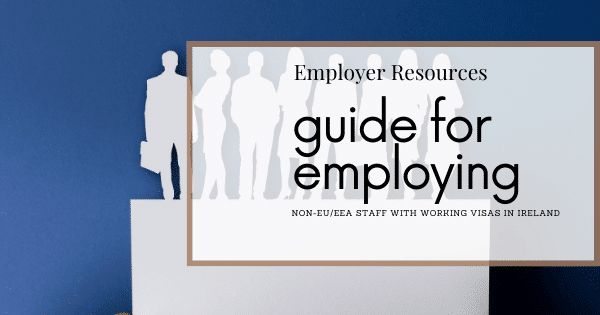Dublin’s Hiring Market – The Truth About Salary Expectations, Labour Market Analysis

The False Economy of Dublin’s Commercial Office Recruitment Market
Ireland’s employment market is in an unusual position. With an unemployment rate of just 3.9% as of February 2025, we are effectively at full employment. At full employment, businesses are facing an unexpected challenge. With so few people actively seeking work, hiring now requires offering significantly higher salaries to attract top talent—and sometimes even to secure candidates with minimal experience. This creates unrealistic salary expectations for future professionals and pushes us towards an economic downturn, as inflated wages become unsustainable in the long term. Many employers are struggling to attract and retain the right people, and much of this comes down to a false perception of the job market, too often led by out-of-touch “senior” business leaders who consistently push out-of-date hiring practices, to the detriment of their business. Let’s delve into this further.
The Growing Demand and Rising Costs
According to the latest reports from April 2024, Ireland has seen a net migration surplus of 79,300 people, meaning more people are arriving than leaving. While this might suggest a larger talent pool, it doesn’t necessarily mean an abundance of skilled professionals suited to every role.
Despite foreign-owned multinational companies making up just 3.4% of all Irish enterprises, they set the benchmark for salary expectations in the market. This can create a gap between what businesses are willing to offer and what candidates expect, making recruitment more challenging.
Adding to this, the rising cost of living continues to reshape job market priorities. Housing remains a significant financial strain, with high rents and property prices. Inflation has also driven up everyday expenses, with Irish milk production costs increasing by 30-40% since 2019. As a result, employees are prioritising job security, higher salaries, and hybrid working options to manage commuting costs and household expenses more effectively.
Why Some Hiring Strategies Are Failing
Many businesses still operate under the assumption that salaries listed on job boards like Indeed reflect what they should offer to attract new talent. However, this overlooks an important factor: people are unlikely to move jobs unless there is a clear financial incentive.
Consider these statistics:
- 40% of employed professionals will only consider changing jobs if the new salary is at least €5,000 higher than their current one.
- Of that group, 25% will use a job offer to negotiate a counteroffer from their current employer.
This means that offering the average salary for a role often isn’t enough to secure the right candidate. If your business is struggling to fill positions, it may not be because of a lack of talent but because your salary expectations are out of step with the market.
Salary Planning: Lessons from the Housing Market
If you’ve been looking to buy a home in Ireland, you’ve probably heard the advice: expect to pay at least €50,000 over the listed price due to competition.
Hiring works in much the same way. If you’re advertising a role, look at the highest salaries being offered for similar positions—regardless of industry. If you want to attract strong candidates, you’ll likely need to offer at least €5,000 more than the top of the average salary range.
Job Seekers: Read the Job Description, Not Just the Title
It’s not just employers who need to adjust their expectations—job seekers also need to approach their search strategically. Since 2008, many businesses have consolidated roles to reduce costs, meaning that job titles don’t always tell the full story.
Common examples of job consolidation include:
- Administrative Assistant + Receptionist – A single role combining front-desk duties with administrative support.
- Data Entry + Bookkeeper – A merged position due to advancements in accounting software.
- IT Support + Network Administrator – A combined role in smaller organisations to cut costs.
When applying for jobs, don’t assume that the title tells you everything. A role might include responsibilities from multiple positions, and unless the employer has been advised otherwise, they may offer a salary at the lower end of the scale. If a job seems to involve more than one set of responsibilities, take a closer look at the salary on offer and whether it reflects the workload.
Final Thoughts
The recruitment market in Dublin for commercial, office-based roles is highly competitive. Both employers and job seekers must understand the realities of the current economy to make informed decisions. Employers need to align their salary offerings with market trends to attract and retain the right talent, while candidates should assess job descriptions carefully to ensure the role aligns with both their financial expectations and long-term career goals.
A good rule of thumb for candidates: if you meet at least 70% of the job requirements, you’re a suitable candidate. An 80% or higher match is ideal for both you and the employer. However, if you find yourself ticking every single box, it may be a sign that you’ve outgrown this level and should be considering roles that will challenge and advance your career instead.
At Hall Recruitment, we help businesses and professionals navigate these challenges with informed, strategic hiring solutions. Whether you’re looking for the right talent or the right opportunity, we’re here to offer expert guidance every step of the way.















